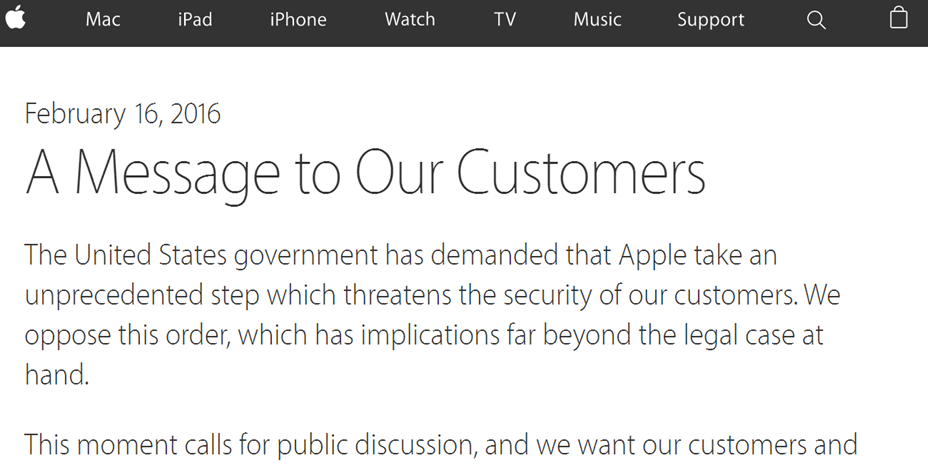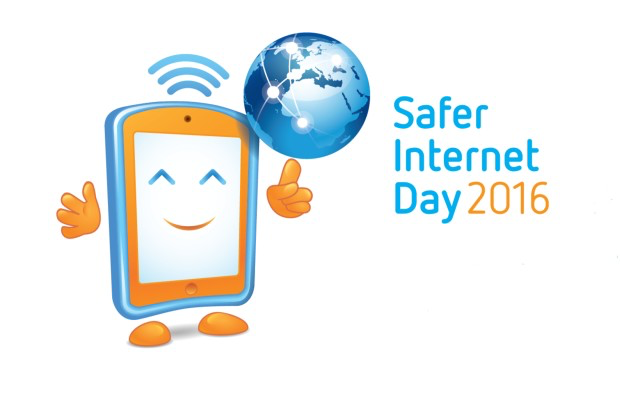Showing results for viiia20 bobet bad credentials bobet

The FBI and the iPhone in Your Pocket
[…] iPhone is remotely wiped and locked then the original owner’s username and password are required to reactivate the phone for use with a wireless carrier. Without these credentials the iPhone remains encrypted and locked preventing anyone from using it. The iPhone is so secure, that even Apple has no way to get in to […]

FPF Supports Connect Safely for Safer Internet Day
[…] filmmaker, Instagram personality and transgender activist Leo Sheng. Professional wrestler and reality TV star Mike “The Miz” Mizanin will speak about how it’s possible to play a bad guy on TV but be a gentle soul in real life with messaging about his own experiences with bullying. LA Media personality Tshaka Armstrong, a parent […]

Discussing the Merits of Device Encryption
[…] the current debate is inexorably tied to concerns about surveillance in the wake of the Snowden revelations. “The conversation we’re having isn’t because governments were going after bad actors, but because they were going after everybody. how robust the efforts are to get access to your data when access can be gotten. If there […]

Cameron Kerry Queries Whether Law Enforcement Is Really "Going Dark"
[…] government lacks visibility into communications,” but he also recognizes a fundamental tension between the needs of law enforcement and technological innovation. “ main mission to catch the bad guys constrains the airing of civil liberties and privacy issues that matter to Internet users, providers and others,” he writes. “rom a technical standpoint, the FBI’s […]

"Databuse" as the Future of Privacy?
[…] “I haven’t thought enough about the First Amendment law,” he admitted, but he wasn’t sure what principle would allow advocates to divine “good” third parties and “ bad” third parties. But if the pair’s theory of “databuse” can’t answer every question about privacy policy, at least we might admit the term should enter the […]

Data Protection Law Errors in Google Spain LS, Google Inc. v. Agencia Espanola de Proteccion de Datos, Mario Costeja Gonzalez
[…] the world’s information and to that end the purpose of the index is to, as much as technologically possible, catalog the entire Internet – all the good, bad, and ugly. For that purpose, any content on the Internet about the key words “Mario Costeja Gonzalez” is, by definition, not incorrect, inadequate, irrelevant or excessive […]

De-Identification: A Critical Debate
[…] agree with privacy advocates that such an undisciplined approach is doomed to result in successful re-identification attacks and the growing likelihood of real harm to individuals if badly anonymized data becomes re-identified. Instead, we maintain, on the basis of decades of both theory and real-world evidence, that careful, thorough de-identification using well-tested methodologies achieves […]

Synopsis: Education Privacy Hearing—How Data Mining Threatens Student Privacy
[…] students after graduation. Ranking Member Clark acknowledged that most vendor companies are probably not doing anything wrong, but broached the difficult topic of how to regulate potential bad actors. Chairman Rokita returned to Idaho Senate Bill 1372, and the potential of using it as model language. He also sought more information about using Title […]

Making Perfect De-Identification the Enemy of Good De-Identification
[…] publicly. Instead, de-identification is often paired with a variety of administrative and procedural safeguards that govern how individuals and organizations can use data. When used in combination, bad actors must (1) circumvent administrative restraints and (2) then re-identify any data before getting any value from their malfeasance. As a matter of simple statistics, the […]

Aspen Institute Task Force Releases “Learner at the Center of a Networked World”
[…] out in the Task Force report. The non-profit seeks to provide pathways to quality contents, and build digital literacies for both adults and youth. Lastly, Mozilla is intending to fund a new credentialing system in the form of an open badge infrastructure that would enable crediting new skills acquired across formal and informal learning contexts.
